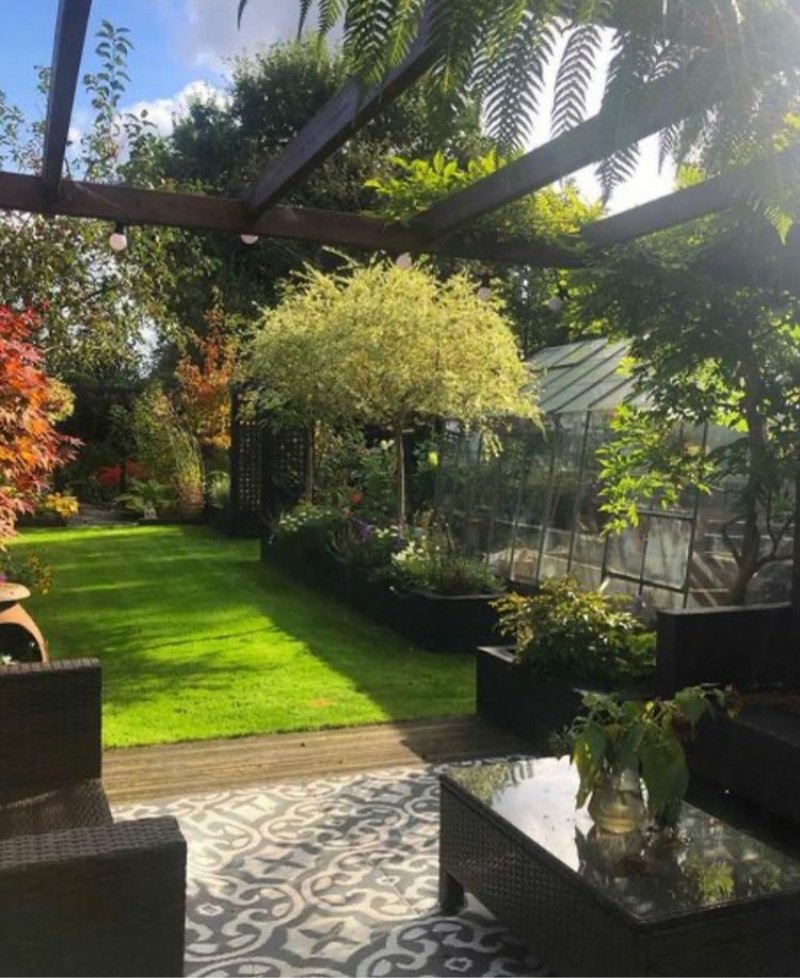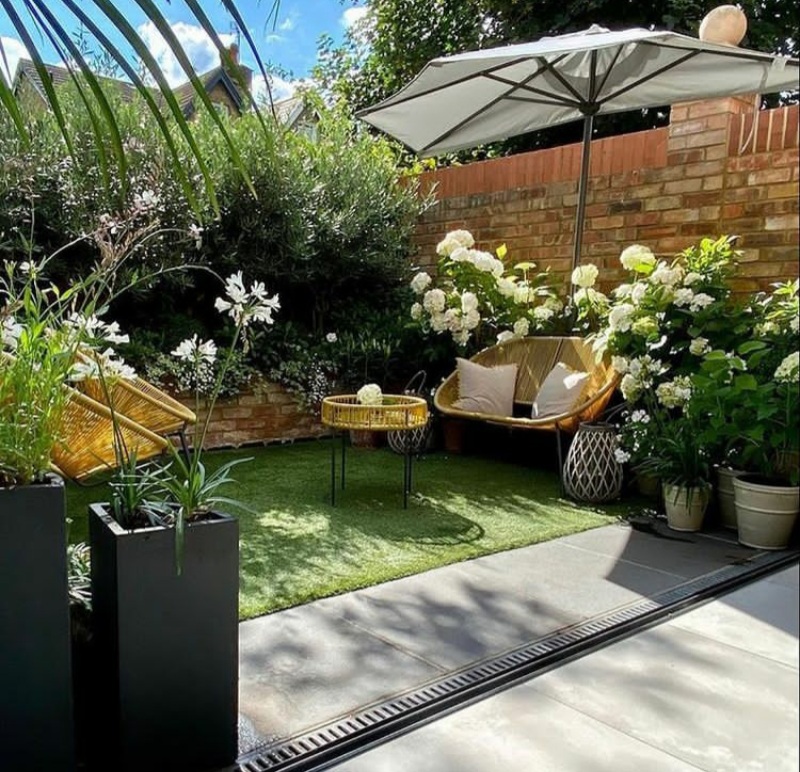
One of the nicest locations in our house to actually enjoy the sun is in the garden. That’s where you go to soak up the sun while sipping something cool and refreshing and feeling unconcerned about the rest of the world. This is especially important in the summer.
Managing a garden can be tough, especially for beginners. So here are some simple garden tips for beginners to keep your garden in good condition.
7 garden tips for beginners
Be cautious of the pests
Insects can do a lot of harm to plants. Viruses and harmful bacteria can only target a plant if there is an opening, and bugs are the ones who make that entrance while also carrying a virus, which then spreads to a large number of other plants swiftly.
While you can’t completely prevent insects from wreaking havoc on your plants, you can limit things from becoming any worse by keeping a lookout for pests.

Use fully composted waste
It’s fantastic if you’re preparing your own compost. However, you should be aware that not all waste decomposes at the same speed. As a result, if things haven’t completely broken down yet, you should never utilize them. Because germs in the material might cause disease in your garden, you may end up doing more harm than good. A good compost, on the other hand, will generate high temperatures over lengthy periods of time, killing any of these organisms and making them fit to use.
Use the right fertilizer
Fertilizer is excellent at what it does, but only when it is utilized properly. If you use the wrong one, or even too much, it can burn the roots of your plants, making it impossible for them to absorb water. Instead, they grow stressed and suffer as a result of the heat.
If your plants aren’t getting the nutrients they require, they will become unhealthy and susceptible to disease, but a healthy plant will be able to fight it off. So always make sure you are using the right fertilizer in the right proportion.

Water properly
Watering is required in every garden, not only for the plants but also for the lawn. However, there is a specific approach to take. While the lawn is very straightforward to maintain, requiring only a little spritz, the plants are a little more difficult.
You want to keep the amount of moisture on the plant’s foliage to a minimum because disease thrives in moist environments. You should only concentrate on the roots and avoid any leaves, so move them out of the way if necessary so you can concentrate the water where it is needed.
Related Posts
None found
Don’t plant too close together
Make sure you don’t plant anything too close together when you’re planting. If you’re starting from scratch with a seed, try to visualize the direction it will grow and extend in so you can give it enough room to breathe. They will manufacture their own humidity if they are crowded, and disease will multiply as a result.
Not only that, but they won’t have enough room to grow correctly, forcing them to compete for water and light. If you’ve realized that things are starting to appear a little crowded, you’ll need to cut back on something or perhaps remove it entirely.

Prune when there’s the need to
When pruning, make sure to use sharp instruments to ensure a clean-cut, since this can speed up the healing process. You must also ensure that you snip in the appropriate place, close to the good live tissue, allowing it to regrow properly from a healthy source. Never tear or break a stem with your hand; it will only harm the plant and it may not recover healthy or at all.
Seek assistance
When you’re having trouble with something, there’s nothing wrong with asking for assistance. There are many companies available that provide a wide range of gardening services, from tree trimming to weed control. Be sure to enlist the help of an expert who knows exactly what they’re doing to help you manage your time and get things done right.

